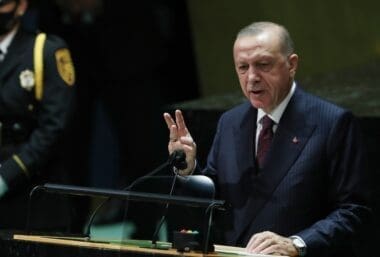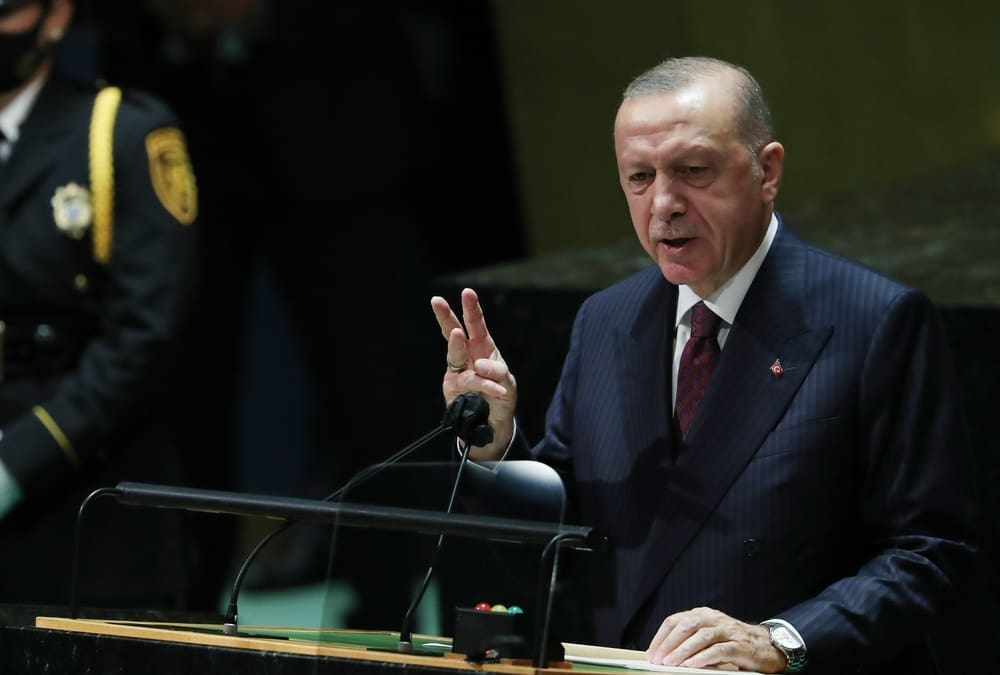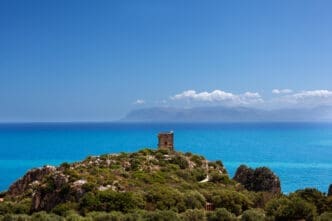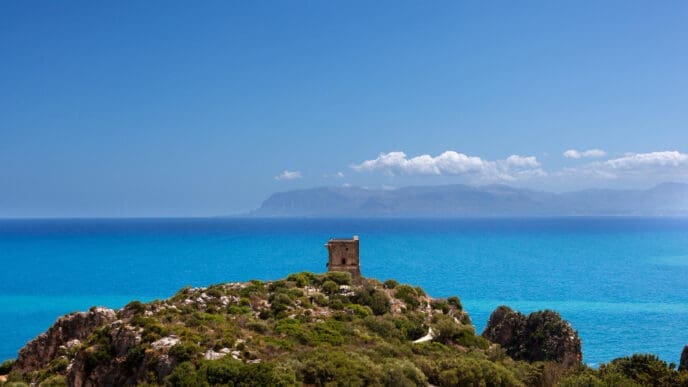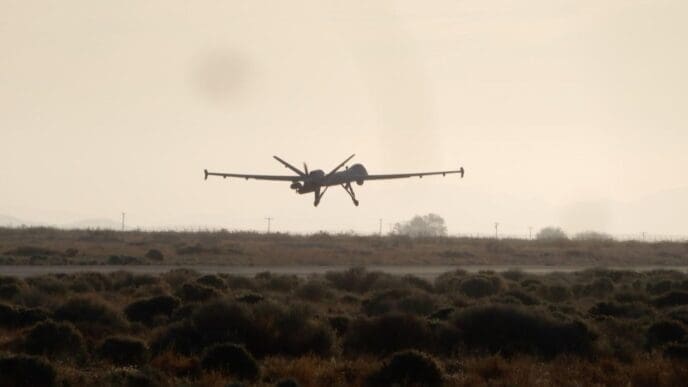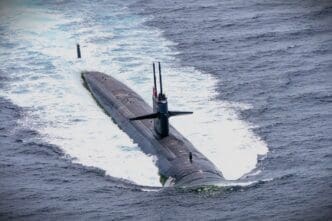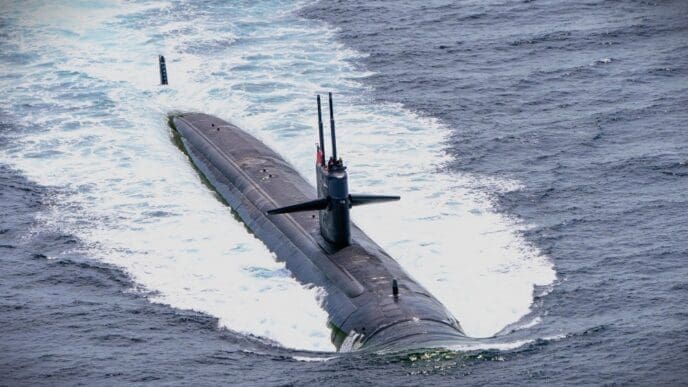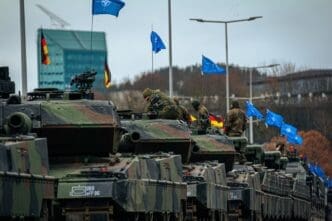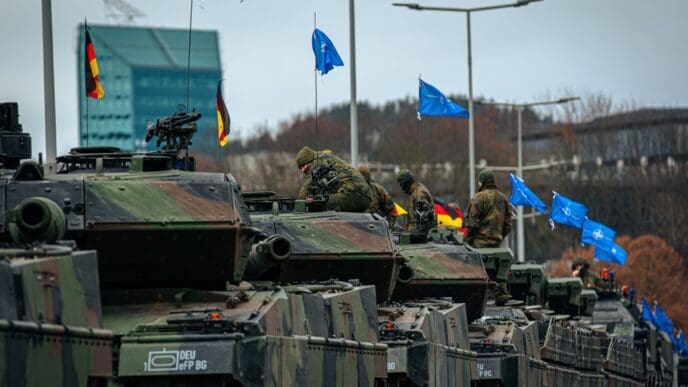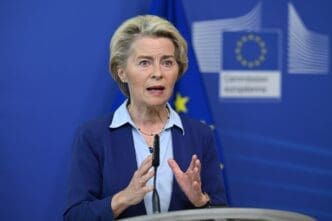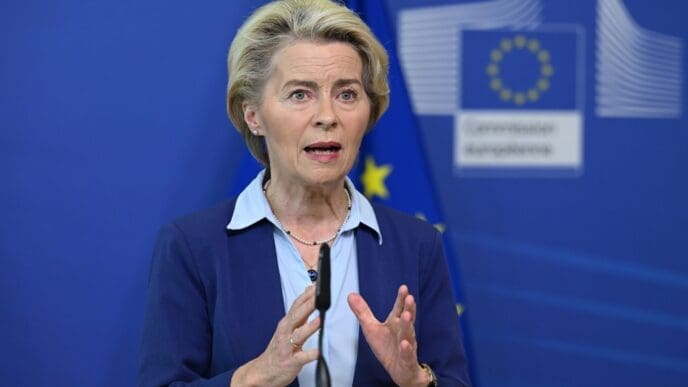Turkish President Recep Tayyip Erdoğan is positioning Turkey as a stabilizing force in an increasingly unstable global landscape, emphasizing the country’s critical role in European security. He asserts that Turkey can bridge geopolitical divides concerning Ukraine, Syria, and the current U.S. tariffs that have sparked a global trade conflict.
Erdoğan’s remarks were delivered at the Antalya Diplomacy Forum, where he faces domestic challenges, including protests against the imprisonment of his main political opponent, Istanbul’s mayor, Ekrem İmamoğlu. He stated, “European security is unthinkable without Turkey. Turkey is ready to take responsibility for European security in the future as well,” at the opening of the three-day event.
As trans-Atlantic relations experience strains under the Trump administration, NATO member Turkey, with its significant military and advanced defense industry, seeks an expanded role. The White House has emphasized Europe’s responsibility for its own security, particularly in Ukraine, and has not shown willingness to support a predominantly European force in Ukraine against Russian aggression.
Turkey has emerged as a crucial mediator in the Black Sea region, maintaining relations with both Ukraine and Russia. Erdoğan and Trump have both highlighted their strong personal rapport. Erdoğan expressed optimism about U.S.-Turkey relations, anticipating growth in various sectors during President Trump’s second term, bolstered by their close friendship.
Regarding Trump’s tariffs, Erdoğan sees potential benefits for Turkey, which is affected by the baseline 10% tariff. “We are doing our best to prevent the heated commercial competition over customs tariffs from becoming destructive,” he remarked, expressing confidence that Turkey will emerge as a beneficiary.
In neighboring Syria, Turkey plays a significant role as rebel groups it backed have taken power. However, the fall of long-time President Bashar Al-Assad has intensified tensions between Turkey and Israel, with their conflicting interests pushing the relationship toward potential conflict. When Trump hosted Israel’s Prime Minister Benjamin Netanyahu, he advised caution in dealings with Ankara.
Addressing the forum, Erdoğan emphasized Turkey’s understanding and dialogue with key regional actors, including Trump and Putin, to preserve Syria’s territorial integrity. Syria’s new President, Ahmed al-Sharaa, was also present at the event.
Erdoğan issued a warning against misinterpreting Turkey’s calm and dialogue-driven approach. A vocal critic of Israel’s military actions in Gaza, he condemned civilian casualties, labeling Israel a “terrorist state” for its actions.
Understanding the Impact
Turkey’s efforts to position itself as a stabilizing force and mediator in global conflicts could significantly influence regional and international dynamics. As a key NATO member, Turkey’s readiness to assume greater responsibility for European security may lead to shifts in defense strategies and alliances, particularly in the context of strained trans-Atlantic relations.
Domestically, Erdoğan’s confrontations with political rivals and his stance on international issues may impact Turkey’s internal stability and its relations with the European Union and neighboring countries. The global trade tensions and Turkey’s strategic positioning in the Black Sea region could also affect its economic landscape, with potential implications for trade partnerships and economic growth.
Overall, Turkey’s geopolitical maneuvers and Erdoğan’s diplomatic engagements underscore the country’s ambition to play a pivotal role in addressing regional challenges and shaping global security frameworks.

